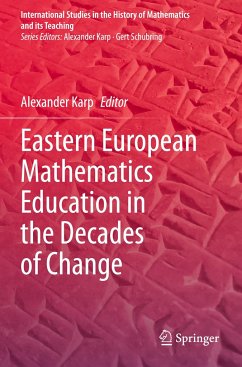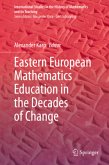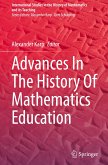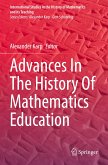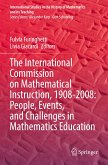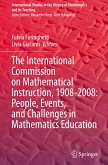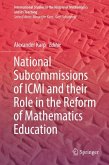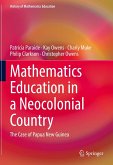This contributed volume is devoted to the recent history and evolution of mathematics education in Eastern Europe, exploring how it was influenced by social and political changes in this part of the world. Despite the broad recognition of the importance of these changes, little scholarship exists that examines the ways in which they were followed by changes in the teaching of mathematics in the post-socialist countries. Indeed, the analyzed processes are complex and vary across the states. Accordingly, this book touches on many factors--including differences in cultures and traditions - that find expression in the teaching of mathematics. Specifically, this volume seeks to explore what changes there were in education in general and in the position of mathematics in school education in these years, and how these changes may be explained and documented; what changes there were in the content of mathematics education and its assessment, and how were they motivated andadopted; what new textbooks appeared and what new methodological ideas were offered in them; how and why mathematics teacher education and/or professional development changed; what was the role (if any) of foreign influences on mathematics education, etc.The book will be of interest to both researchers in mathematics education and practitioners-teachers, as well as a broader audience of historians and educators exploring the political aspects of education.
"Such transparency presents the book as a valuable resource for other communities that strive to improve their educational systems. The volume is vibrant with references to official government documents that further support its high validity. ... Another area of research could include the students and their responses to diverse learning methods offered." (Andrzej Sokolowski, MAA Reviews, December 26, 2021)

